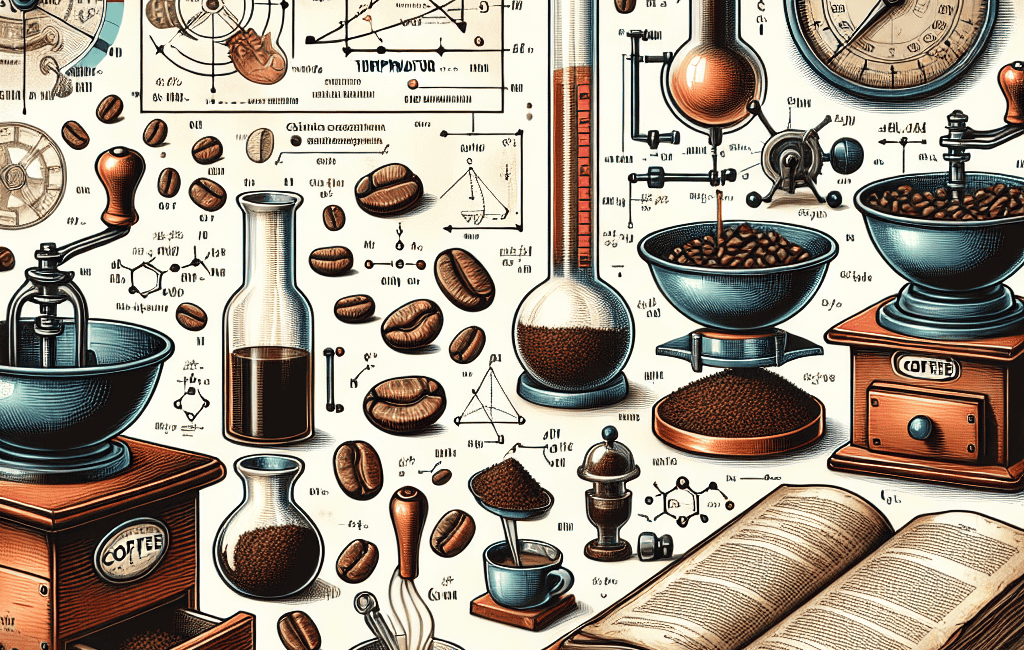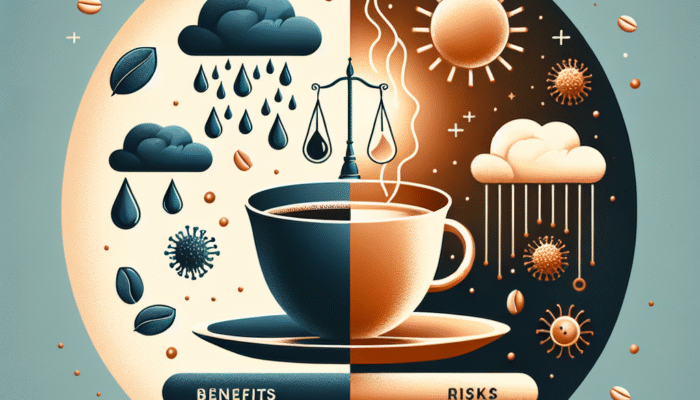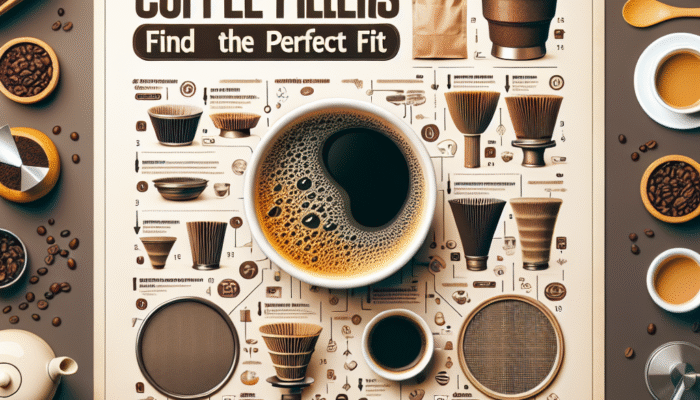
The Science Behind Your Brew: Temperature, Grind, and More
Coffee is not just a beverage; it’s a daily ritual for millions around the world. However, the perfect cup is not achieved by mere chance. It is the result of precise science, where temperature, grind size, and brewing methods play crucial roles. In this blog post, we will explore the science behind these elements to help you brew the perfect cup every time.
The Importance of Temperature
Temperature is one of the most critical factors in brewing coffee. It affects the extraction process, which determines the flavor profile of your brew. The ideal brewing temperature for coffee usually falls between 195°F to 205°F (90°C to 96°C).
Why Temperature Matters
When water is heated to the right temperature, it optimally extracts the oils, flavors, and caffeine from the coffee grounds. Too low a temperature can result in under-extraction, yielding a sour taste, while too high can lead to over-extraction, leaving a bitter flavor.
Brewing Methods and Their Temperatures
- French Press: Typically brews at around 200°F (93°C), allowing full immersion of coffee grounds.
- Pour Over: Water should be around 200°F (93°C) to ensure even extraction as it flows through the grounds.
- Espresso: Requires precise temperature control, usually around 190°F to 205°F (88°C to 96°C), to create the perfect crema.
Understanding Grind Size
The grind size of your coffee beans significantly influences the extraction process. Different brewing methods require different grind sizes for optimal results. Here’s a quick overview:
Grind Sizes Explained
- Coarse Grind: Best for French press or cold brew, as it allows for longer steeping times without over-extraction.
- Medium Grind: Ideal for drip coffee makers and pour-over methods, providing a balance between time and extraction.
- Fine Grind: Used for espresso, requiring quick extraction due to the high pressure and short brew time.
- Extra Fine Grind: Typically used for Turkish coffee, where a very fine consistency is needed for brewing.
The Science Behind Grinding
Grinding coffee beans increases the surface area, allowing for more efficient extraction of flavors and oils. However, the size of the grind affects how quickly water can extract these components. If the grind is too fine for the method, it can lead to over-extraction, which results in a bitter taste.
Brewing Time and Its Effects
Brewing time is another critical variable in the coffee-making process. The time the water is in contact with the coffee grounds can influence the flavor, aroma, and strength of your brew.
Optimal Brewing Times
- French Press: 4 minutes for optimal flavor.
- Pour Over: 3-4 minutes depending on the method.
- Espresso: 25-30 seconds for a perfect shot.
- Cold Brew: 12-24 hours for a smooth, rich flavor.
The Role of Coffee-to-Water Ratio
The ratio of coffee to water is crucial in determining the strength and flavor of your brew. A common starting point is 1:15 to 1:18 of coffee to water. This means for every gram of coffee, you should use 15 to 18 grams of water.
Finding Your Perfect Ratio
Experimenting with different ratios can help you find your perfect brew. If your coffee is too weak, try increasing the coffee amount. If it’s too strong, decrease the coffee or increase the water. Remember, this ratio can vary based on personal preference and the brewing method used.
Water Quality and Its Impact
Water quality can greatly affect the taste of your coffee. The minerals present in water, such as calcium and magnesium, can enhance flavor extraction, while impurities can spoil the taste.
Choosing the Right Water
Filtered water is often recommended for brewing coffee. It’s essential to avoid distilled water, as it lacks minerals that are beneficial for extraction. Ideally, the water should be clean, fresh, and free of any strong tastes or odors.
Experimentation and Personalization
While the science behind coffee brewing provides a solid foundation, personal preference should always guide your brewing process. Don’t hesitate to experiment with variables to find what suits your palate best.
Tips for Experimentation
- Keep a coffee journal to track your experiments and results.
- Vary one factor at a time to understand its impact.
- Invite friends for a coffee tasting to compare notes.
Conclusion
Understanding the science behind your brew can transform your coffee experience from ordinary to extraordinary. By paying attention to temperature, grind size, brewing time, and water quality, you can unlock the full potential of your coffee beans. So grab your favorite beans, experiment with these variables, and enjoy the delicious results of your newfound knowledge!
Happy brewing!


